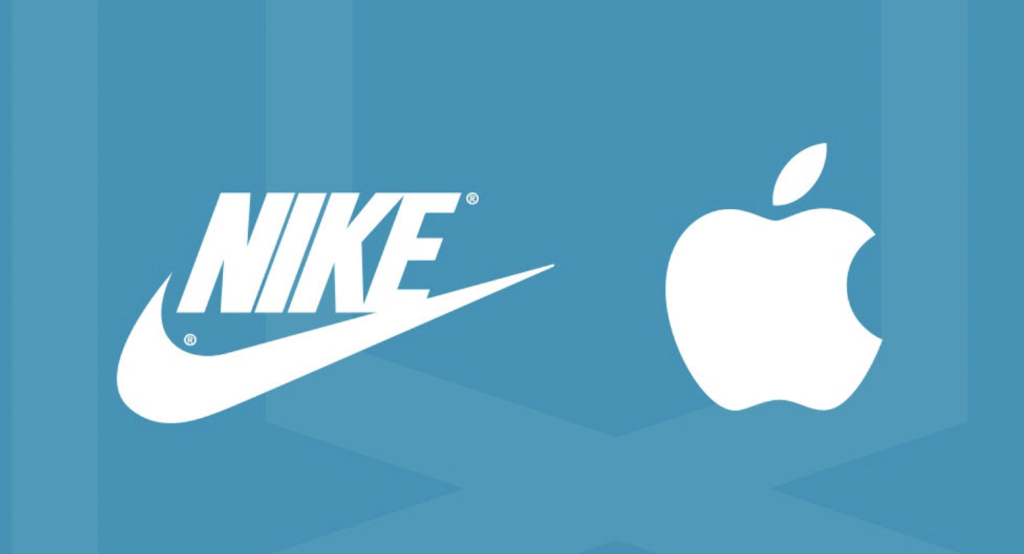How is this possible, that a rational consumer would be willing to pay more for exactly the same thing?
Coke is just soda, Tylenol is just acetaminophen and Levi’s are just jeans. Yet consumers go out of their way to select these specific brands over others.
Economists would say, “How is this possible, that a rational consumer would be willing to pay more for exactly the same thing?”
A very famous study flashed either the Apple logo or the IBM logo to two randomized groups of participants. The study found that after being subliminally exposed to the Apple logo – compared to exposure to the IBM logo – participants performed better on creative tasks. The argument is that Apple has been telling you this story over and over again: Apple is the brand for the cool, fun, and creative people. This is the true power of brands, they can influence our behavior in ways that extend way beyond the point of sale.

So to what degree can the influence of brands wreak havoc on our ability to make rational spending decisions?
When you make choices about different brands, you’re choosing to create an identity.
When you put that shirt on, when you put those shoes on, those jeans, that hat, someone is going to form an impression about what you’re about.
So if you’re choosing Nike over Under Armour, you’re choosing a kind of different way to express affiliation with sport. The Nike thing is about performance. The Under Armour thing is about the underdog. You have to choose which of these different conceptual pathways is most consistent with where you’re in your life. Once a consumer makes that choice, their relationship with a brand can deepen to the point where they identify with that brand like family. And once you identify with a brand, it can shape the way you behave, if someone talks bad about that product, brand, or service, you might even be the first to go out and defend it.
Most people just don’t realize that they are subconsciously choosing brands because those brands have some kind of self-expressive value. You can see there’s a lot of power here in terms of shaping consumers’ decisions. As we learn more and more about that, we have to think much more deeply about the ethical, legal, and societal implications of doing that.So, as consumers, what can we do to make informed choices? Well, the best thing we can do is to be aware of the influence that brands hold. I think it’s important to always pause and think a little bit about, “Okay, why am I buying this product?”
And like it or not, brands aren’t going anywhere. We’ve heard lots of people push back and say that, “I’m not into brands.” But we take a very different view. They’re not doing anything any different than what someone who affiliates with a brand is doing. They have a brand, it’s just an anti-brand brand. It has to do with the fundamental need that we as humans have to have support systems. Perhaps it was the church, it was the community, it was these other institutions that existed.
Now, brands have stepped in as pillars of our identity. So let’s learn to see that in that positive light and just stay mindful when purchasing, or designing a brand.

